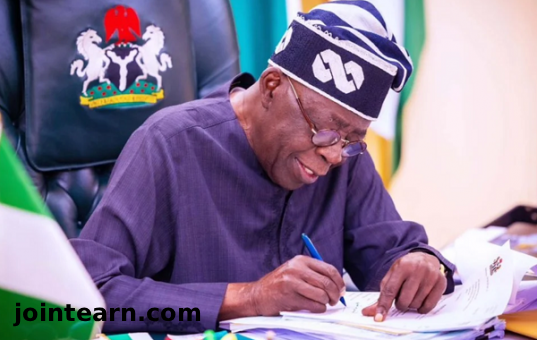
President Bola Ahmed Tinubu has approved the adoption of a National Carbon Market Framework and the operationalisation of the Climate Change Fund, a move expected to unlock up to $3 billion annually in carbon finance as Nigeria prepares for the 30th United Nations Climate Change Conference (COP30) in Brazil.
The approval, granted during the second meeting of the National Council on Climate Change (NCCC) at the Presidential Villa, Abuja, marks a significant step in the administration’s efforts to position Nigeria as a key player in the global carbon economy.
Leveraging Climate Finance
Vice President Kashim Shettima, who chaired the meeting on behalf of the President, emphasized that the decision reflects Nigeria’s determination to leverage emerging opportunities in international carbon markets while promoting climate-resilient investments across the economy.
In a statement, Tinubu said:
“Addressing climate change is not just an environmental imperative but an opportunity to unlock new investments, jobs, and innovations across the nation’s energy, agriculture, and industrial sectors. Nigeria stands ready to take its rightful place as a global leader in climate action, ensuring that our voice and our reality are heard and respected in international negotiations.”
With these approvals, Nigeria aims to generate $2.5 billion to $3 billion annually from carbon credits over the next decade, funding mitigation and adaptation programs and boosting nationwide green-economy initiatives.
Preparing for COP30
Ahead of COP30 in Belém, Brazil, President Tinubu outlined Nigeria’s climate agenda, emphasizing international partnerships to finance climate-resilient infrastructure and adaptation programs.
“We will continue to champion policies that protect our people, strengthen our economy, and position Nigeria as a destination for green investment and innovation,” he said.
Director-General of the NCCC, Mrs. Omotenioye Majekodunmi, noted that the council’s deliberations strengthen Nigeria’s standing ahead of COP30 and enhance the country’s ability to mobilize international support. She confirmed that operationalising the Climate Change Fund ensures readiness to attract, receive, and deploy climate finance.
Finance Ministry Backing
Minister of Finance and Coordinating Minister of the Economy, Wale Edun, endorsed the council’s proposals, highlighting the need for Nigeria to secure strategic competitiveness in the global carbon market. He pledged full ministry support, including a quarterly climate-finance tracking dashboard to ensure transparency and optimize green funding.
The NCCC Secretariat reiterated its commitment to delivering technical leadership to translate Nigeria’s climate ambitions into measurable actions while coordinating across ministries and levels of government.


Leave a Reply